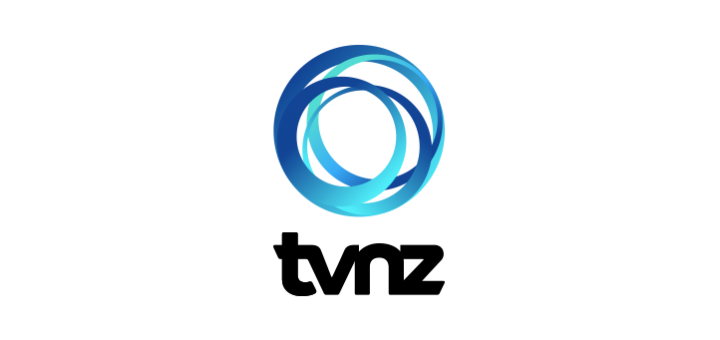Cord blood cells may provide therapy for muscle and bone disorders
Stem cells that could one day provide therapeutic options for muscle and bone disorders can be easily harvested from the umbilical cord, just as the blood that goes through it provides precursor cells to treat some blood disorders, said University of Pittsburgh School of Medicine researchers in the online version of the Journal of Biomedicine and Biotechnology.
Umbilical cord tissue cells can be expanded to greater number, are remarkably stable and might not trigger strong immune responses, said senior investigator Bridget M. Deasy, Ph.D., assistant professor in the Department of Orthopaedic Surgery, Pitt School of Medicine.
The cord could become an accessible source of a multitude of stem cells that overcomes many of the restrictions, such as limited quantity as well as donor age and donor sex issues, that come with other adult stem cell populations.
Dr. Deasy and her team analyzed sections of two-foot-long human umbilical cords that were donated for research, looking for cells in that displayed the characteristic protein markers found in stem cells derived from other sources. The researchers then sought to find the best way to isolate the stem cells from the cords, and tested them in the lab to confirm their ability to produce specialized cells, such as bone and cartilage, while retaining their invaluable ability to renew themselves.
To build on these findings, the team will test the umbilical cord stem cells in animal models of cartilage and bone repair, as well as muscle regeneration.
Co-authors of the paper include lead investigator Rebecca C. Schugar, of Pitt’s Stem Cell Research Center, Department of Orthopaedic Surgery, and the Center for Cardiovascular Research, Washington University School of Medicine; Steven M. Chirieleison, Yuko Askew, M.D., Ph.D., Jordan J. Nance, and Joshua M. Evron, all of the Pitt Stem Cell Research Center; Kristin E. Wescoe, Benjamin T. Schmidt, both of Pitt’s Department of Bioengineering; and Bruno Peault, Ph.D., of the University of California-Los Angeles and the McGowan Institute for Regenerative Medicine, a joint effort of Pitt and UPMC.
The research was supported by grants from the National Institute of Arthritis and Musculoskeletal Research and Children’s Hospital of Pittsburgh of UPMC.







